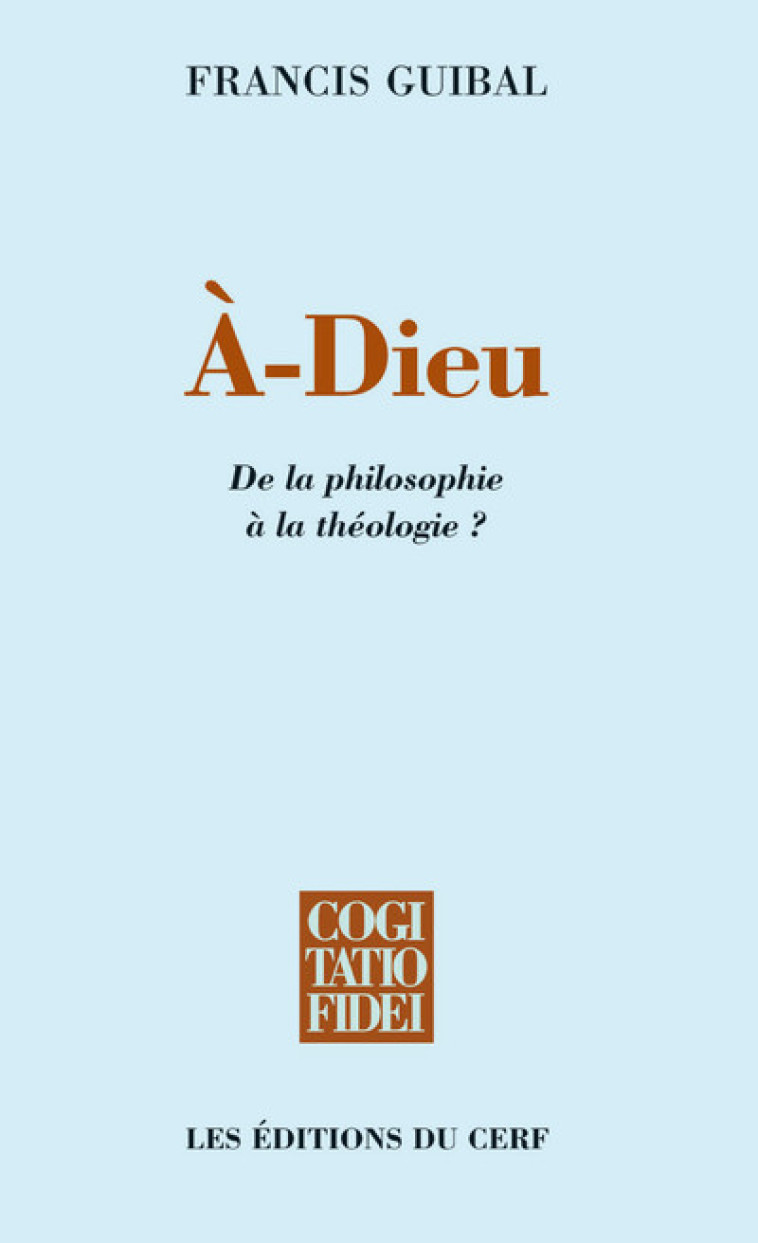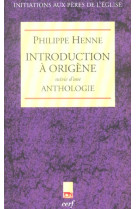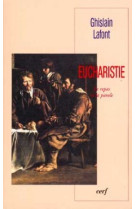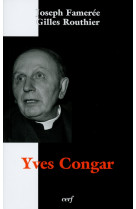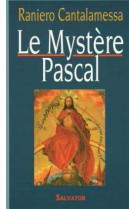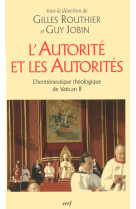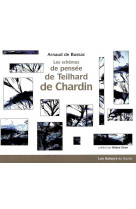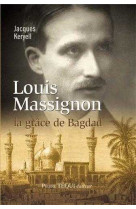Francis Guibal reprend ici une réflexion qu'il mène depuis longtemps. Il s'agit d'abord de préciser l'articulation d'une inspiration religieuse et d'une intention raisonnable. Il est utile pour ce faire de retracer le débat historique de la philosophie et de la théologie, puis de montrer pourquoi et comment la foi-pensée de la raison peut être amenée à prendre en charge et à prolonger, voire à intensifier, aussi bien la foi première de l'aventure existentielle que la foi positive de la tradition biblique et évangélique. C'est donc la même question d'une articulation signifiante de nos provenances que soulève Francis Guibal, soit sur un plan plus objectif soit en risquant une réflexion plus existentielle. Entre ces deux extrêmes, est reprise une interrogation analogue : on rappelle à l'intelligence (théologique) de la foi les dimensions « fondamentales » de sa responsabilité, avant d'en appeler à une prise de distance (philosophique) qui atteste que le phénomène chrétien demeure pour notre monde et sa conscience de soi un lieu important, voire décisif, de réflexion raisonnable. Car c'est toujours tout l'homme, toutes forces vives recueillies et vigilantes, qui se trouve invité à avancer dans un cheminement d'expériences portant l'existence et la pensée aux limites d'elles-mêmes : là où la quête en vérité de la réalité s'éprouve inséparable d'une marche vers l'inconnu qui pousse hors de ses murs l'homme de désir.
--
In this book, Francis Guibal develops a reflection he began a long time ago. Firstly, he defines the articulation of a religious inspiration and a reasonable intention. To do this, he finds it useful to recall the historical debate between philosophy and theology, then to show how the faith/thinking of reason can be made to assume and develop, even to intensify, both the primary faith of the existential adventure and the positive faith of biblical and evangelical tradition. In this way, it is the same question of the meaningful articulation of our sources that Francis Guibal poses, either in a more objective light, or by taking the risk of an existential reflection. Between these two extremes, an analogical exploration recalls the ‘fundamental' dimensions of responsibility to the (theological) intelligence of faith, before calling for a (philosophical) perspective that attests how the Christian phenomenon remains, for our world and its self-awareness, an essential - and even decisive - instance of reasonable thought. For it is always the whole man, with all his living forces gathered and alert, who is invited to partake in a series of experiments that push existence and thought to their very limits: there, the true quest for reality is shown to be inseparable from a journey that leads to the unknown, one that delivers the man of desire beyond his own walls.

